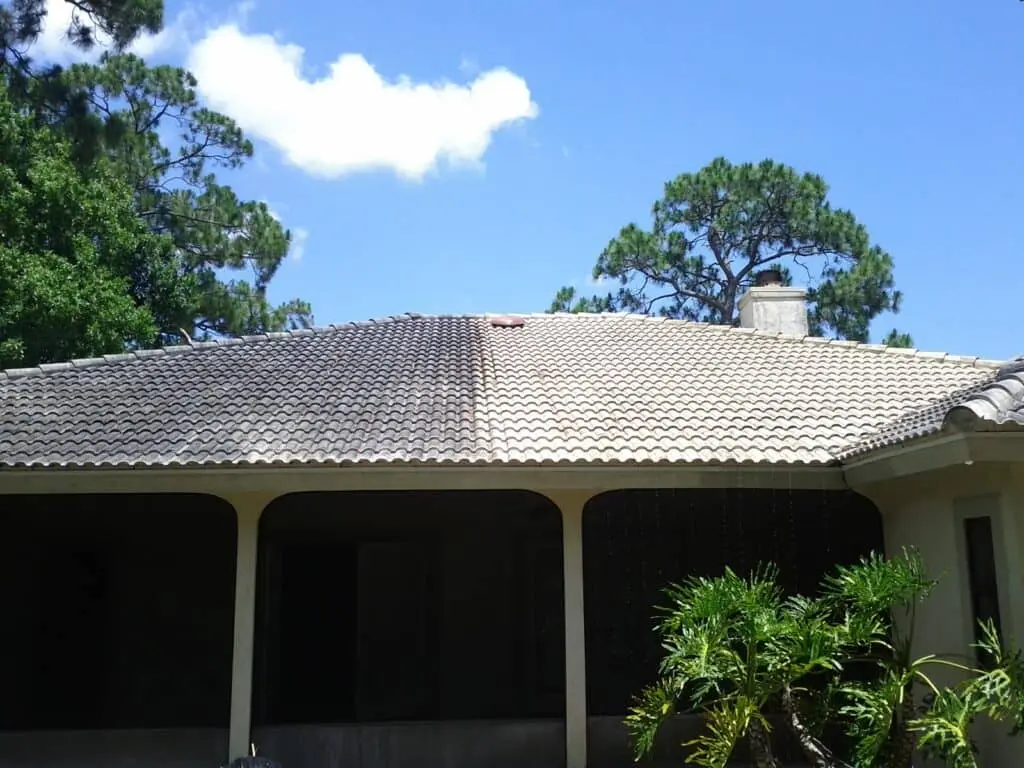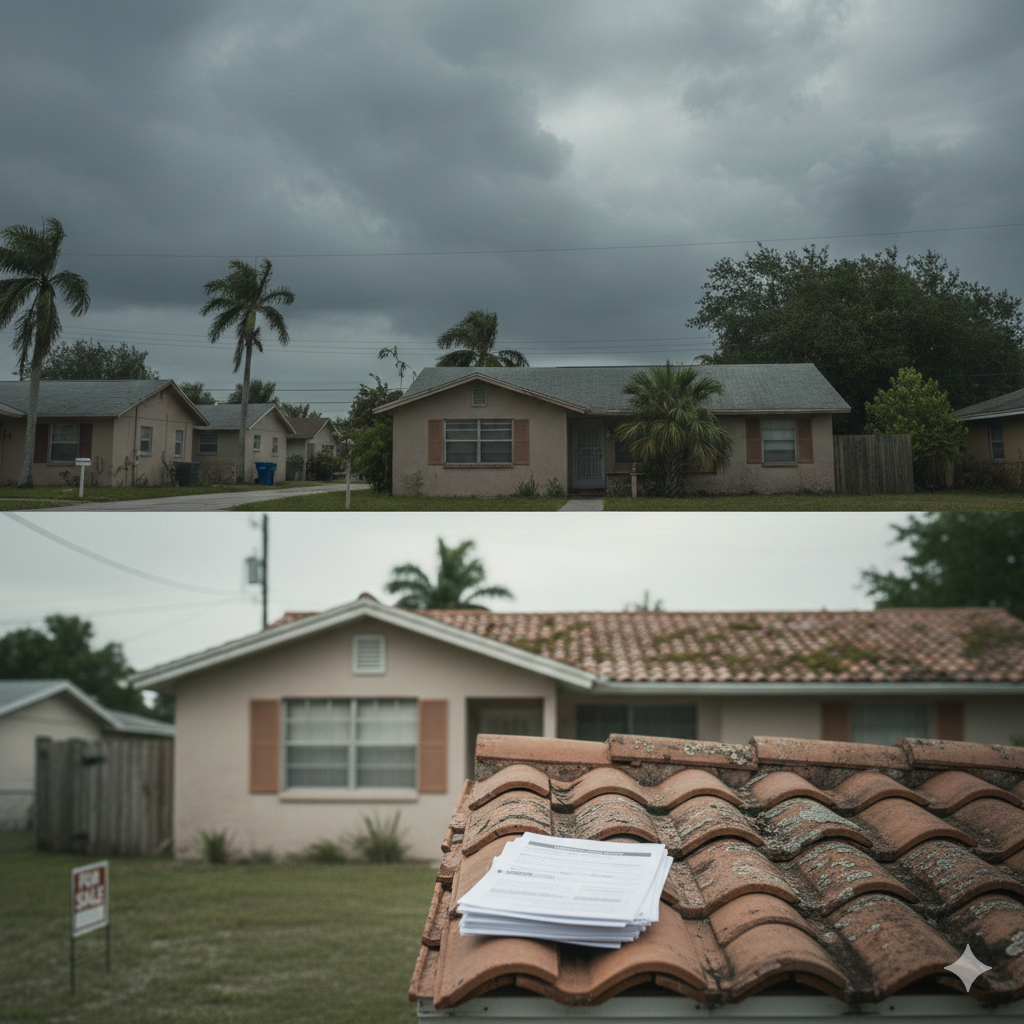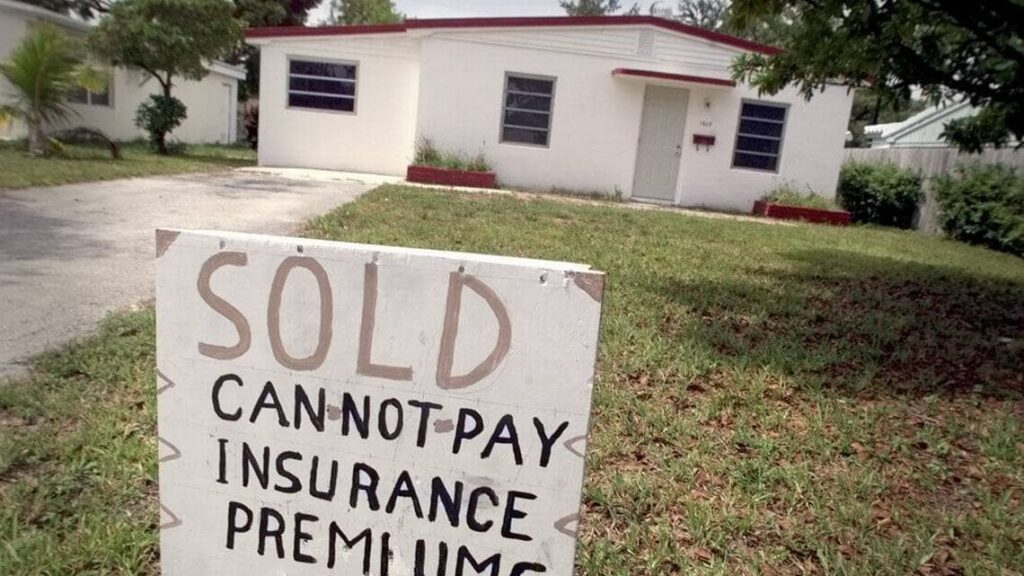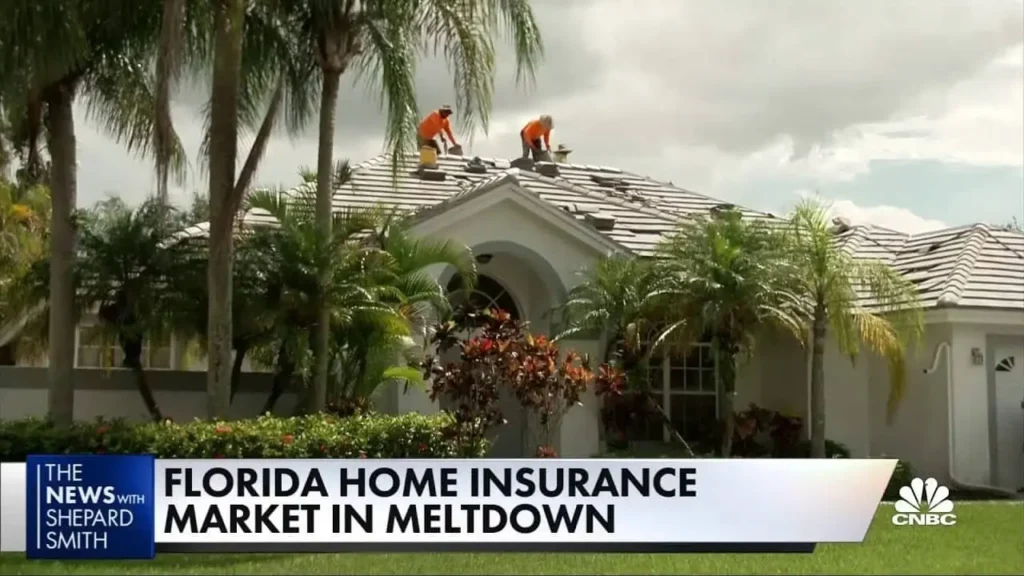The home insurance crisis in Florida is fueled by rampant fraudulent claims, litigations, aging roofs, and high storm risk. Yet, new reforms offer hope.
Tracing the Roots of Florida’s Home Insurance Dilemma
The Sunshine State is facing a storm in the home insurance sector. Skyrocketing insurance premiums, insurance policies not being renewed, and insurance companies exiting the state market are symptoms of the home insurance crisis in Florida. The question arises, what is driving this predicament?
The Primary Catalysts: Rampant Litigation and Widespread Fraud
An explosion in fraudulent insurance claims, particularly in the realm of roof damages, has led to a massive increase in litigation costs. Deceptive contractors, unscrupulous homeowners, and sometimes even dishonest lawyers have exploited insurance loopholes to file unwarranted damage claims and lawsuits. The financial burden of these proceedings has forced many insurance companies to reconsider their presence leading to the beginning of the home insurance crisis in Florida.
Other Factors: Age of Roofs and High Potential for Storm Damage
To mitigate the risk of insurance scams, some companies have opted to tighten their underwriting restrictions rather than completely withdrawing from the Florida market. This has led to the nonrenewal of tens of thousands of policies by companies such as Southern Fidelity, Progressive, and Universal.
However, under the new regulations, insurance companies are now prohibited from denying coverage solely based on the age of a roof if it is less than 15 years old and has a life expectancy of five years when the policy is issued. Insurers will need to decide if they are comfortable with these restrictions or if they will continue to exit the Florida market.
The risk of storms is a significant concern for home insurance companies in Florida. The state’s geography and location make it susceptible to hurricanes from both sides. Even homes in interior counties are not entirely protected due to the narrowness of the peninsula.
After severe storms, the occurrence of fraudulent claims tends to increase, and Florida is no stranger to such storms. Hurricane Ian, a powerful Category 4 storm, made landfall on September 28, causing extensive damage. The financial consequences of the damage, including potential fraudulent roof claims, could further destabilize the already vulnerable home insurance market in Florida.
However, while the risk of hurricane damage complicates the situation, it is not the sole driving factor behind the market’s precarious state. Other high-risk states, such as Oklahoma with its tornado risks, have high home insurance premiums but homeowners in those states do not face the same difficulties in finding coverage as Floridians do.
In summary, insurance companies in Florida are implementing stricter underwriting measures to address the risk of scams, and the state’s vulnerability to storms adds to the complexity. However, it is not solely the risk of hurricanes that is pushing the market to the brink of collapse. The availability of coverage is affected by a combination of factors and the home insurance crisis in Florida differs from that of other high-risk states.
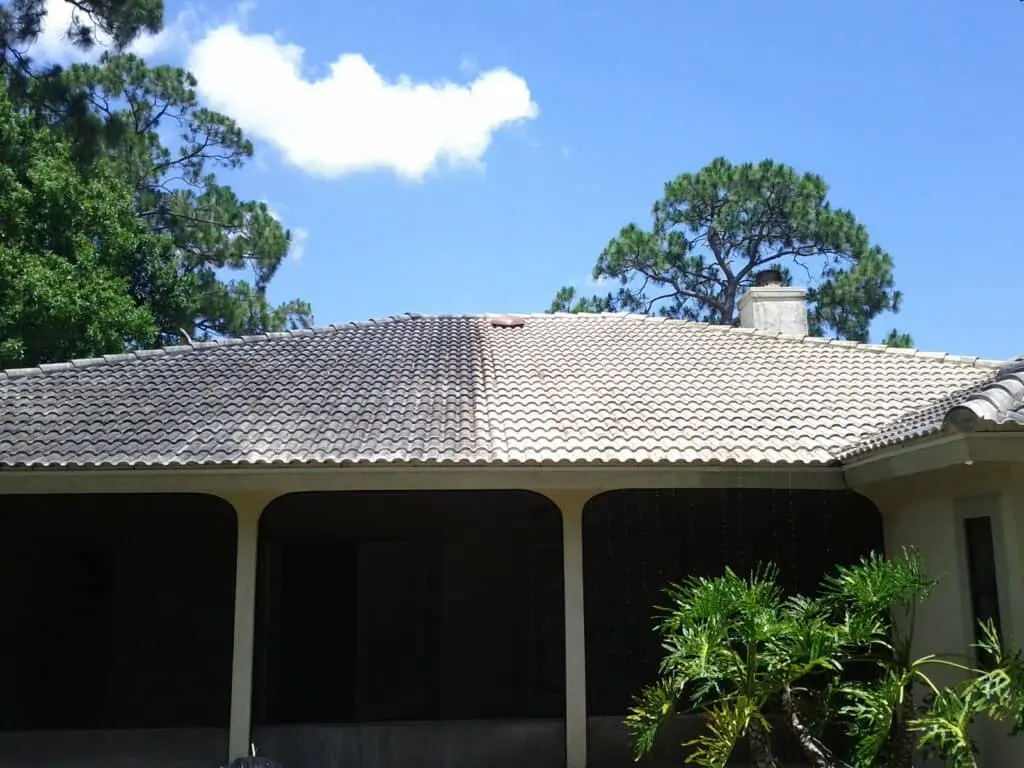
Implementing Solutions: Steps Towards Legislative and Market Stability
Efforts are being made to address the crisis and curb the issues plaguing the insurance market in Florida. Senate Bill 76, which took effect in July 2021, introduced provisions aimed at reducing fraudulent claims and mitigating the strain on insurers. One of these provisions focuses on tackling the solicitation tactics employed by fraudulent contractors at the beginning of scams. However, Sean Harper, CEO of Kin Insurance, believes that additional actions will be necessary to fully restore the market’s health.
In May 2023, Florida lawmakers convened a special session during which they passed an insurance reform bill. The bill includes several measures designed to slow down the market’s decline. The establishment of the My Safe Florida Home Program is among these provisions, offering grants to help homeowners strengthen their properties against damage. Additionally, insurance companies will not be able to deny coverage solely based on the age of a roof if it is under 15 years old and still has five years of useful life remaining. However, older roofs may still face denials due to their higher risk of damage. Furthermore, restrictions will be placed on the rates lawyers can charge for property insurance claims, aiming to discourage fraudulent lawsuits and reduce litigation costs.
In December 2022, additional legislation known as Senate Bill 2-A was signed into law. This comprehensive reform package focuses on addressing issues such as one-way attorney fees and the assignment of benefits scams. Removing one-way attorney fees and eliminating the assignment of benefit forms could alleviate significant financial pressure on insurance companies and reduce the number of fraudulent lawsuits. While these legislative reforms are seen as the strongest yet, it will take time to witness their positive impacts. Home insurance rates in Florida are expected to remain high in 2023 due to ongoing litigation expenses, rising reinsurance rates, and increasing costs of construction materials and labor.
In summary, while actions have been taken to address the crisis in Florida’s insurance market, it will take time for homeowners and insurers to experience the full effects of these measures.
Reducing the Risk of Insurance Nonrenewal in Florida
If you reside in Florida, having a plan in place can help minimize the likelihood of your insurance being nonrenewed. While you cannot prevent your insurance company from pulling out of the state, you can take certain steps to enhance the insurability of your home:
- Maintain your roof’s condition: Regularly inspect your roof and promptly repair any minor damages. If feasible, consider replacing your roof before it reaches 15 years of age, as this reduces the risk of non-renewal.
- Install wind mitigation features: Florida home insurance companies are required by law to offer discounts for wind protection features such as hurricane straps and roof-bracing measures. These features decrease the chances of severe damage to your home, making it more appealing to insurers.
- Keep your property well-maintained: Taking care of your property makes it easier to find insurance coverage. Apart from monitoring your roof, regularly inspect other exterior features for any damage. Ensure that there are no overhanging tree branches or potential hazards that could lead to roof damage during a windstorm.
What to Do If Your Home Insurance Is Canceled
If you receive a cancellation notice for your Florida homeowners insurance, it is crucial to take immediate action. Given the approaching hurricane season and the instability of the insurance market, finding another policy may be challenging, but not impossible.
We suggest working closely with your insurer or insurance agent to explore the available options. ICA Carter offers similar advice, recommending that homeowners contact their insurance agency promptly to determine alternative homeowners insurance options.
If you encounter difficulties in obtaining home insurance coverage in Florida, a few companies may still be able to provide assistance.
